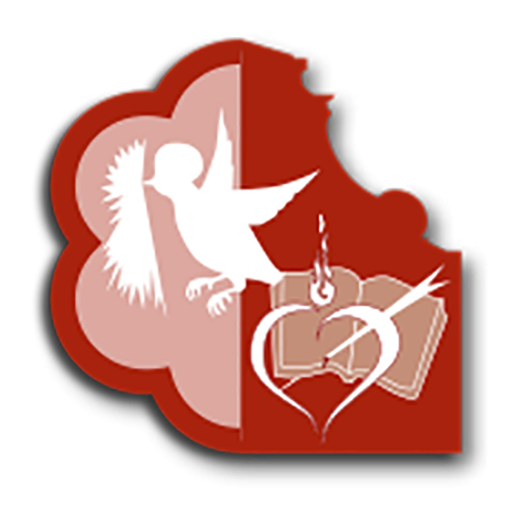A rediscovered treasure, a centuries-old history
The Augustinian Library of the Santo Spirito Convent officially reopened to the public on May 6, 2025, following an extensive reorganization and inventory project carried out by a small team of volunteers: an archivist, an art historian, a historian, and an expert in ancient books. The work, in collaboration with the association A Minimo Incipe, involved the historic collection, the manuscripts, the illuminated choir books, and the convent’s archive.
Founded in the second half of the 13th century, the library is one of the most ancient and significant centers of knowledge in the Oltrarno district of Florence. As early as the 15th century, the convent had an active scriptorium with an adjoining libraria, which by the mid-1400s already held 577 manuscripts. Among the most important contributions was the donation of manuscripts by Giovanni Boccaccio to the Augustinian friar Martino da Signa, his confessor.
The “Libraria Maior” contained mainly religious texts (369 codices), while the “Libraria Parva” housed 107 literary manuscripts, including Boccaccio’s own works. An additional 101 codices were donated by Father Guglielmo Becchi.
Over the centuries, the collection expanded thanks to new acquisitions and donations, including volumes from Father Lorenzo Berti and Father Lorenzo Coquai—the latter was confessor to Grand Duchess Cristina of Lorraine, who commissioned the construction of a new library between the two cloisters in the 17th century. In 1704, a larger library space was built above the Corsini Chapel, along the Ammannati Cloister, to accommodate the growing collection.
Suppressions and rebirth
In 1808, following the Napoleonic suppression of religious orders, most of the library’s holdings were confiscated by the French state and distributed among public libraries, academies, and state institutions, or sold. In 1816, with the return of Grand Duke Ferdinando III, a small portion of the collection—mainly religious works—was restored to the friars, who began rebuilding it from scratch.
A further dispersion occurred in 1866, after the new Kingdom of Italy issued a second suppression of religious orders. The portion of the convent housing the Ammannati Cloister was assigned to the Italian Army, which still occupies it today. The friars were allowed to retain only a modest number of religious books and personal volumes, from which the collection was once again rebuilt.
The legacy of Father Stanislao Bellandi
A key figure in the library’s modern history was Father Stanislao Bellandi, who in 1927 successfully established a dedicated reading room with new shelving to house the reemerging collection. Thanks to further donations and acquisitions, the library slowly began to flourish again. The room arranged by Father Bellandi currently preserves the printed antique collection, while two adjacent rooms house the manuscripts and fourteen illuminated choir books.
In recognition of his vision and commitment, the library has been named in his honor:
The Augustinian Library “Father Stanislao Bellandi.”
A renewed vision for the future
The modern collection is currently undergoing reorganization, awaiting suitable facilities for its preservation. Among the intact holdings is the personal library of Father Gino Ciolini, still maintained in his former study.
Recent restoration work on eight manuscripts and two printed volumes was funded by the Italian Episcopal Conference (CEI) through its 8xMille program, while the restoration of one illuminated choir book was supported by the Tuscan Archival and Bibliographic Superintendency.
The Father Stanislao Bellandi Augustinian Library is now listed on BeWeb, the portal for the Cultural Heritage of the Italian Church, and is part of the Florentine Area Integrated Documentary System (SDIAF). It will soon be included in the National Library Service (SBN) catalog, making this extraordinary heritage accessible to scholars and the general public alike.
Opening Hours
The Library of the Santo Spirito Convent – Augustinian Fathers is open to the public on Mondays, Tuesdays, Thursdays, and Fridays, from 10:00 am to 12:00 pm and 3:00 pm to 5:00 pm, and on Saturdays, from 10:00 am to 12:00 pm.
The library is closed on Wednesdays and Sundays.
It also remains closed during the Easter Triduum, throughout the months of July and August, and during the Christmas holidays, from December 20 to January 8 (inclusive).

